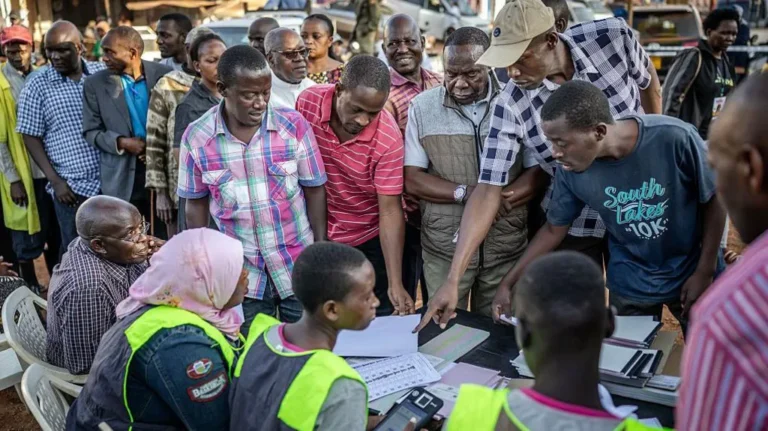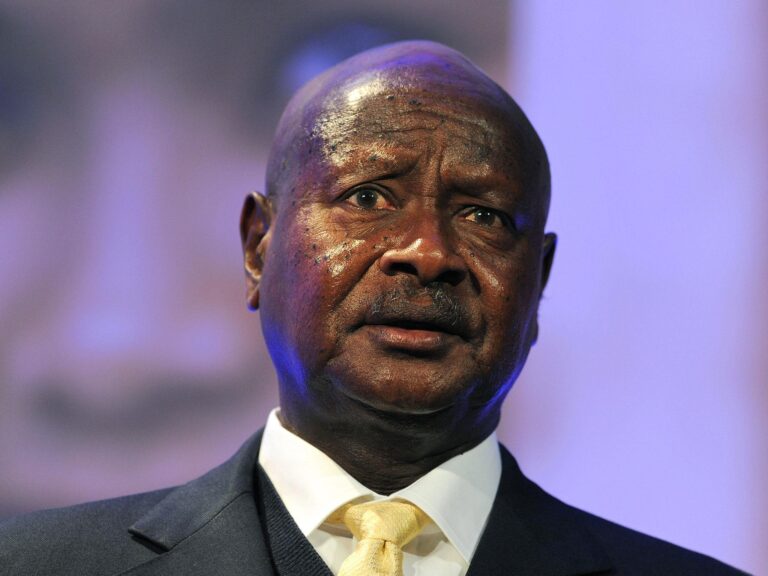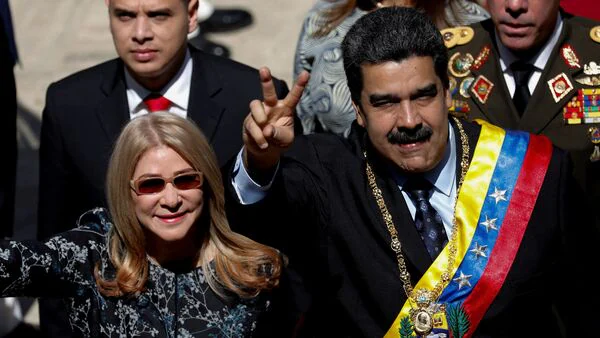
South Sudan's First Vice President Riek Machar. Photo/Premium Times
By Newsflash Reporter
The United States, the United Kingdom, and several European nations have joined growing international demands for the immediate release of South Sudan’s First Vice President, Riek Machar, who has reportedly been placed under house arrest by President Salva Kiir’s administration.
In a joint statement on Thursday, 27 March 20025, the embassies of France, Germany, the Netherlands, Norway, the United Kingdom, the United States, and the Delegation of the European Union expressed grave concern over Machar’s detention. They urged President Kiir to reverse this action to avoid further escalating tensions in the fragile nation.
“We call on President Kiir to reverse this action and to prevent further escalation. We further call on President Kiir and all leaders with control or influence over armed groups to order an immediate ceasefire,” the statement read.
Growing global pressure
The international condemnation follows similar calls by the African Union (AU), the Intergovernmental Authority on Development (IGAD), and Kenya, all of whom had earlier urged de-escalation and a return to dialogue in South Sudan.
Tensions in the country have been rising following reports of renewed violence between factions loyal to Kiir and Machar, despite the fragile power-sharing arrangement established under the 2018 Revitalized Agreement on the Resolution of the Conflict in South Sudan (R-ARCSS).
Read more:Riek Machar placed under house arrest as tension rise in South Sudan
Under Article 1.7.2 of the R-ARCSS, Machar’s position as First Vice President is constitutionally protected, making his reported detention a violation of the peace agreement. The diplomatic missions emphasized the urgent need for direct dialogue among South Sudan’s leaders to maintain stability.
“We impress upon leaders of all parties the urgent need to engage without delay in direct dialogue and demonstrate the sincerity of their assertions that they are working for peace,” the joint statement continued.
A fragile peace at risk
Machar’s reported house arrest marks yet another chapter in South Sudan’s turbulent political landscape. The power struggle between Kiir and Machar, which first erupted into a civil war in 2013, has left hundreds of thousands dead and displaced millions.
Although the 2018 peace agreement aimed to end hostilities and establish a unity government, tensions between the two camps have persisted. In recent months, there have been accusations of political maneuvering and increased militarization, raising fears of a return to full-scale conflict.
Read more: AU, IGAD and Kenya call for calm in South Sudan
Kenya, IGAD, and the AU had previously called for a peaceful resolution to the standoff and urged both leaders to uphold their commitments under the agreement. However, Machar’s reported detention has now triggered a wider international response, with Western nations warning of serious consequences if tensions continue to escalate.
What happens next?
While the South Sudanese government has yet to officially comment on Machar’s situation, diplomatic sources suggest that pressure is mounting on President Kiir to release the First Vice President and recommit to dialogue.
With regional and international powers now closely watching, the next few days will be critical in determining whether South Sudan can avoid another slide into violence and instability



